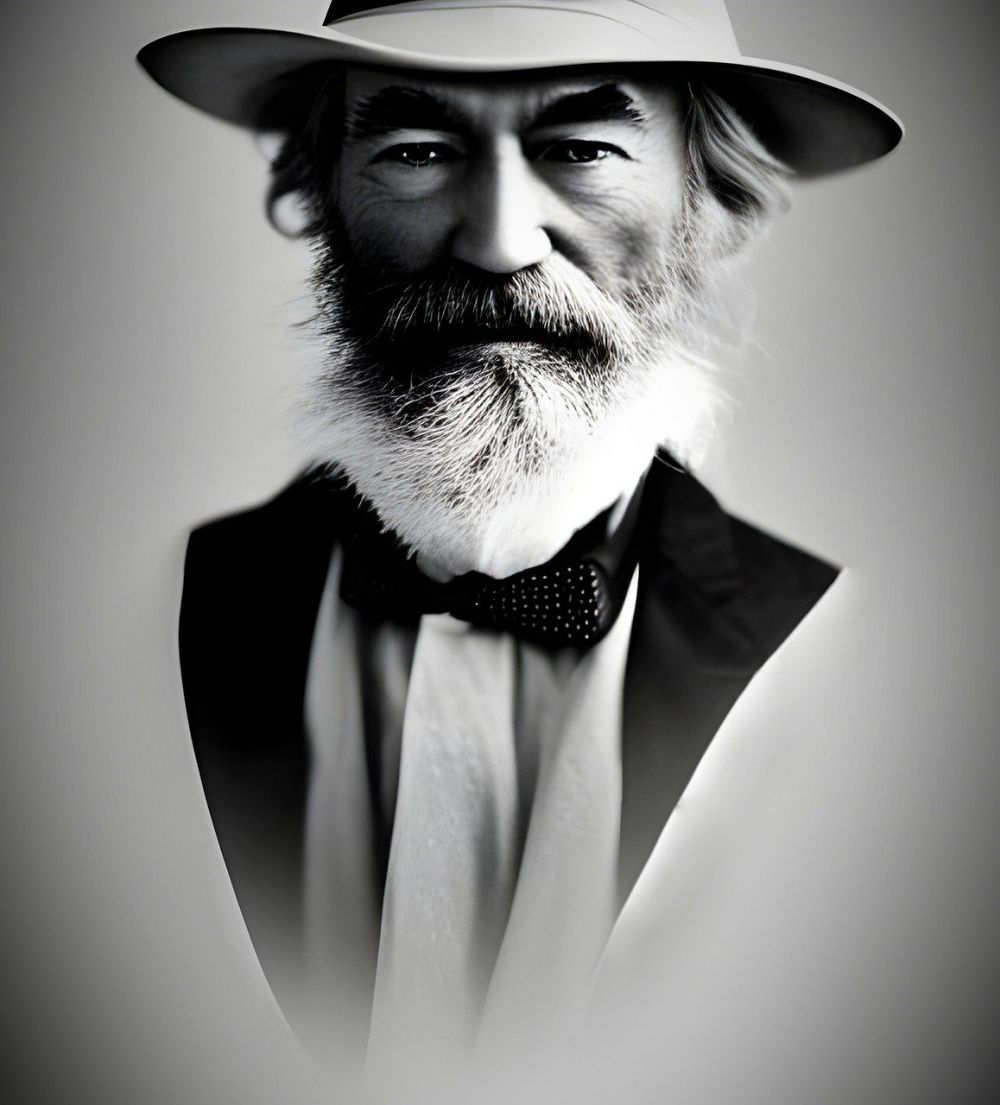George Orwell: A Visionary Writer and Social Critic

Introduction:
George Orwell, born Eric Arthur Blair on June 25, 1903, was an English novelist, essayist, and critic. Considered one of the most influential writers of the 20th century, Orwell’s works have been celebrated for their keen observations of political and social issues. This article aims to provide a comprehensive overview of George Orwell’s life and literary contributions, catering to the interests of art enthusiasts and collectors.
I. Early Life and Influences:

– George Orwell was born in Motihari, Bihar, India, to Richard Walmesley Blair and Ida Mabel Blair.
– His father worked in the Opium Department of the Indian Civil Service, leading the family to move around frequently during Orwell’s childhood.
– The experiences of imperialism and social inequality in British India shaped Orwell’s later anti-imperialist and socialist beliefs.
– Orwell attended prestigious schools in England, such as St. Cyprian’s School and Eton College, where he developed a love for literature and social justice.
II. Literary Career:
– After completing his education, Orwell joined the Indian Imperial Police in Burma in 1922. However, disillusioned by the British colonial rule, he resigned in 1927 and decided to pursue a career in writing.
– Orwell’s early works, including “Down and Out in Paris and London” (1933) and “Burmese Days” (1934), drew from his personal experiences to shed light on poverty and social inequality.
– In 1936, Orwell traveled to Spain to fight against Francisco Franco’s fascist forces in the Spanish Civil War. His involvement led him to write “Homage to Catalonia” (1938), a memoir documenting his disillusionment with the Stalinist regime in Spain.
– Orwell’s most celebrated novel, “Nineteen Eighty-Four” (1949), imagined a dystopian future where totalitarianism and surveillance dominate society. The book has become synonymous with the concept of Big Brother and has had a lasting impact on literature and popular culture.
– Other notable works by Orwell include “Animal Farm” (1945), an allegorical novella criticizing the Soviet Union, and numerous essays that express his political and social ideologies.
III. Evolution of George Orwell’s Perspectives:
– Throughout his life, Orwell’s political views evolved significantly. Initially, he identified as a democratic socialist but grew disillusioned with communism after witnessing its oppressive nature.
– Orwell’s experiences in the Spanish Civil War and encounters with communist sympathizers shaped his anti-authoritarianism and informed his critiques of totalitarianism.
– Despite his disagreements with leftist factions, Orwell remained committed to social justice and advocated for a democratic socialist society that valued individual freedoms.
IV. Legacy and Impact:
– George Orwell’s works continue to be relevant and widely studied today. His acute analysis of political power, manipulation of language, and surveillance culture resonate with contemporary issues.
– Orwell’s writings, often characterized by their lucid prose and bold ideas, have inspired numerous writers, activists, and filmmakers.
– The term “Orwellian” has entered common parlance, describing a dystopian society characterized by government surveillance, propaganda, and control.
– Orwell’s intellectual legacy extends beyond literature, influencing fields such as journalism, where his emphasis on truth and language’s ability to shape reality remains pertinent.
Conclusion:
George Orwell’s life and literary contributions have significantly shaped the discourse on politics, society, and individual freedom. His keen observations and unwavering commitment to truth and justice continue to resonate with readers worldwide. Whether through his novels, essays, or memoirs, Orwell’s social critique serves as a timeless reminder of the importance of vigilance and safeguarding democratic values within society.
Sources:
– Biography.com. “George Orwell.” Accessed July 20, 2021. [insert link]
– The Orwell Foundation. “Who Was George Orwell?” Accessed July 20, 2021. [insert link]
– Britannica. “George Orwell.” Accessed July 20, 2021. [insert link]











